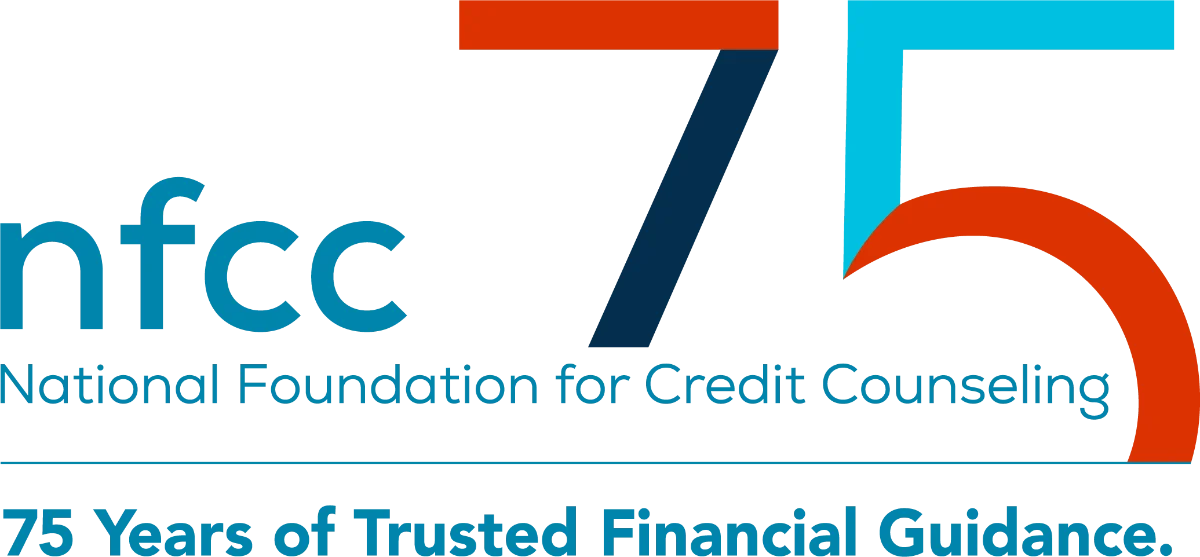A First-Year Money Management Guide for the New College Grad
Originally published April 2015 Transitioning from college to working life can be a major challenge. In your first year out of school, you’ll have the opportunity to kick-start your financial goals, but you’ll also have to take on a whole new list of responsibilities.
With the retirement age now edging close to 70, the average 22-year-old college graduate will have nearly 50 years of working, and ideally saving and investing. How can you ensure a good start and stay on the right path? By building good habits right away, even if it’s saving just a few dollars a week at first.
1. Create a new budget
The first financial task for any new graduate is creating a budget. Doing so will help you in a number of ways. It will help you find the total sum of your monthly necessities, show you how much money you have for discretionary spending and more.
Building a budget can be as simple as making a list of all your monthly expenses and comparing it to your income. But you can get a lot more out of a budget if you take time to review and improve it as you learn more about your regular costs.
Here’s a three-step approach that can help you get the most out of a budget:
- Track: Once you create your budget, take one-to-three months to track your spending. This can be as simple as reviewing your financial account statements at the end of the month and totaling up the spending for each category, such as food, transportation, utilities, etc.
- Analyze: Next, analyze that data. Does your spending align with the budget you made? Does it allow you to save up for emergencies, pay off debt or save for specific goals? If not, pinpoint where you went off track.
- Adjust: Be honest with yourself about how you can improve. You might need to avoid certain stores, for example, or cut back on dining out. If you find it too hard to cut spending, consider giving yourself a set amount of cash for certain categories each week.
2. Beware credit card debt
Credit card debt is the enemy of financial health. Why? Because the interest charges on credit cards are so high (currently near 22% on average) that they will eat up your returns on savings accounts, CDs and even stock investments. In other words, it’s impossible to save or effectively invest when you’re carrying credit card debt.
To eliminate credit card debt, you have a few options. You might consider using the debt snowball or debt avalanche method to help you prioritize certain payments. You can also talk to an NFCC-certified credit counselor to explore other solutions like a debt management plan (DMP).
3. Have a plan for student loans
If you’re like more than half of college grads, you’re carrying student loan debt. Chances are you’ll be managing your loans for years to come.
To make things easier on yourself, check into your loan repayment options right away. For federal student loan borrowers, there are many programs available to make repayment affordable, including income-driven repayment (IDR) plans, Direct Consolidation loans or even eventual forgiveness. You can learn more about your options at StudentAid.gov.
Whether you have federal or private loans, you can also get professional help navigating your options by meeting with one of our NFCC-certified credit counselors.
4. Save for emergencies
Once you have credit card debt out of the way (which can be easier said than done) your next hurdle is to start creating a financial safety net for yourself. The best way to do that is by saving money for specific expenses and goals.
The first savings goal? Regardless of your situation, aim to build an emergency fund. This fund — which should ultimately be equal to at least three months of your living expenses — will help you deal with events that could otherwise become financial emergencies. For example, you can use the money if you lose your job, need a major car repair or have a costly medical procedure.
An emergency fund is like a life raft that prevents you from taking on debt or draining your retirement savings when you’re in a financial pinch. Here are a few tips for maximizing your savings and building an emergency fund faster:
- Open a high-yield savings account that pays you a competitive interest rate on your savings.
- Reach out to HR, payroll, or your bank to set up an automatic savings contribution from every paycheck, even if it’s a small amount.
- When your finances improve, increase your savings contribution and not your spending.
Once you’ve hit your goal for emergency savings, you might want to put more money in savings for specific, upcoming expenses like vacations or a down payment on a home.
4. Contribute to retirement
Once your emergency fund is in place, it’s time to focus on saving for long-term goals. Specifically, for retirement.
Most people can do this through an employer-sponsored retirement plan like a 401(k) or 403(b). If your employer offers a plan, you can have your contribution automatically deducted from your paycheck and put into the account, but you can also open up your own retirement account.
In addition to helping you prepare for retirement, there are major benefits to starting these contributions as young as possible:
- Your money will have more time to grow, so you can reach your retirement goal with smaller contributions.
- The money you contribute can lower your taxable income.
- Your employer might match part of your contribution, meaning they will put free money in your retirement account.
5. Review your credit reports
Another important habit to keep up over your lifetime is reviewing your credit reports. Everyone has the right to receive all three of their credit reports for free once a week from AnnualCreditReport.com. By reviewing them you can check for and fix errors and catch early flags for things like identity theft and credit card fraud.
Keeping an eye on your credit also helps you prepare for financial moves like buying a car or a home. Building good scores can take several years so, ideally, you’ll want to start building them far in advance of when you need to apply for a loan, an apartment or a job that requires a credit check.
Other considerations
College grads have a tendency to put themselves at more financial risk than necessary. One of the ways they do this is by overspending on non-necessities like cars and entertainment while cutting corners on important expenses.
As you’re building good financial habits, remember this rule of thumb: There’s a difference between looking rich and being rich. Driving a fancy car might make you feel successful, for example, but the real measure of financial success is making moves like paying off credit card debt, having emergency savings and advancing toward early retirement.
Does that mean you have to cut all spending? Definitely not! As counter-intuitive as it may sound, here are a few things you can spend on (without breaking your budget, of course) that can help you maintain a more financially sound life:
- Good auto and renter’s insurance.
- Regular doctor and dentist visits.
- Maintaining a nutritional diet.
- Staying physically active.
Not sure how you can cover these basic needs? If that’s you, you might want to make major cuts to non-necessities, whether temporarily or for a longer period. As uncomfortable as it may be for some, moving back in with family for an agreed time could be the answer. If you do, you could get an opportunity to jump-start your financial wellness.
Jason Alderman directs Visa’s financial education programs. To follow Practical Money Skills on Twitter: www.twitter.com/PracticalMoney
This article is intended to provide general information and should not be considered legal, tax or financial advice. It’s always a good idea to consult a legal, tax or financial advisor for specific information on how certain laws apply to you and about your individual financial situation.
Views expressed are the personal views of the author, and do not represent the views of the National Foundation for Credit Counseling, its employees, its members, or its clients.


